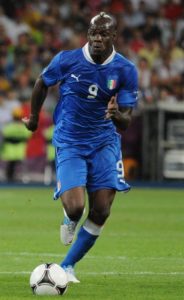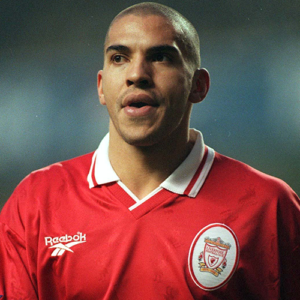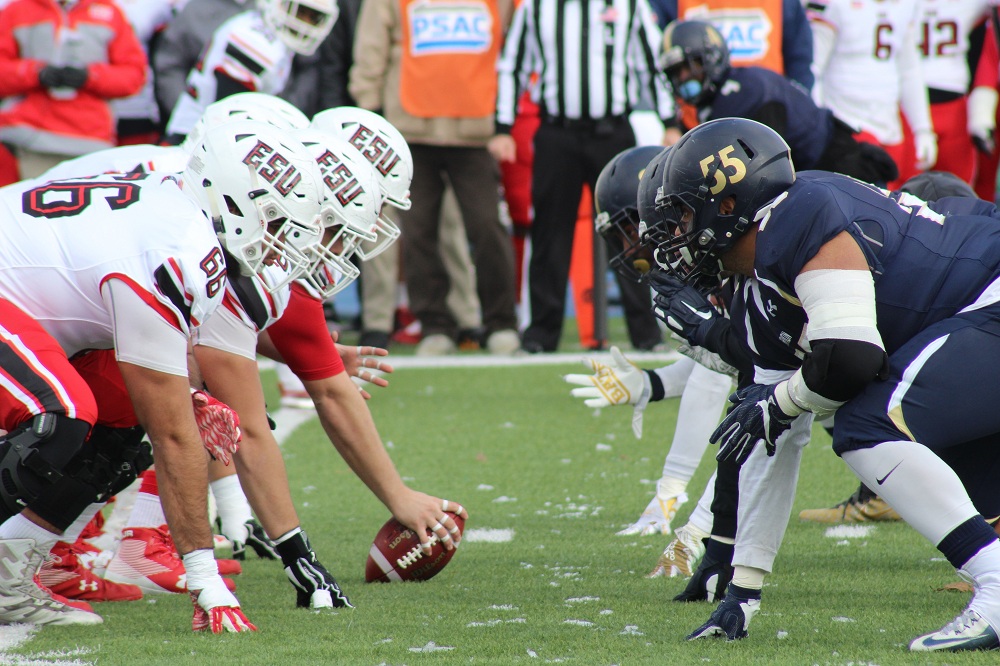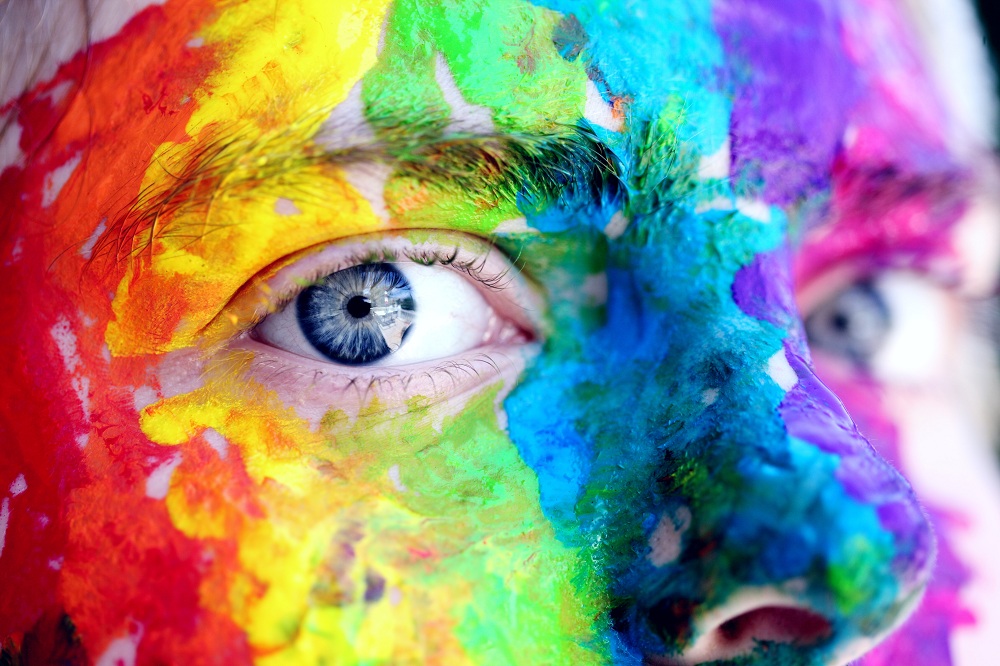Despite all the advancements our society has made over the past century, one problem persists: racism. Even in sports, which are supposed to be a bastion of fairness, justice, and equality, suffers from racial tensions. In 2013, the United Kingdom’s Home Office stated that, while 42 arrests were made that year for “racial or indecent cheering”, the problem remains.
Blatant racism in arenas and sporting events are rare, but its spectre haunts social media, where people can remain anonymous while spewing out their hateful vitriol.
Recent Examples
 Overt racism by sports fans saw a serious decline in the 60’s and 70’s. Although sporadic outbursts happened from time to time, the incidents were few and far in between. With the birth of social media and the advent of anonymous commenting, however, racism moved from real life to the digital world. An example of this happened to Mario Balotelli, a striker for the Liverpool football team.
Overt racism by sports fans saw a serious decline in the 60’s and 70’s. Although sporadic outbursts happened from time to time, the incidents were few and far in between. With the birth of social media and the advent of anonymous commenting, however, racism moved from real life to the digital world. An example of this happened to Mario Balotelli, a striker for the Liverpool football team.
After tweeting about Leicester City’s victory against Louis Van Gaal’s team, an outpouring of racist tweets began to inundate Mario Balotelli’s twitter. According to research, this social media platform is home to at least 10,000 racist tweets containing comments about ethnic discrimination and/or mentions of religious slurs every day. Despite the hard work of people in real life to eradicate this kind of behavior, it seems as though it has found a new home to thrive in.
Another high profile case involves another British footballer, Fabrice Muamba, a midfielder for the Bolton football team. In 2012, during a match between Bolton and Tottenham Hotspur, Fabrice Muamba suffered a cardiac arrest and collapsed in the middle of the field. His heart attack was being televised live, which prompted 21-year old Liam Stacey to tweet:
LOL. F*ck Muamba. He’s dead!!! #haha.
After this initial post, Liam Stacey continued tweeting more and more racist tweets, each one increasing in severity of anger and violence. After a while, however, Liam Stacey started trying to delete all the tweets, claiming that he was drunk, and then later on, that he got hacked. Unfortunately for Liam, his racist rant went viral, and several people on twitter had taken screenshots long before he was able to backtrack.
Eventually, the law caught up with Stacey, who was sentenced to 56 days in jail. Following this, many people debated the sentence, with some claiming that it was too heavy for someone who succumbed to a moment of stupidity while inebriated. Another group, however, saw this as a means to enforce current anti-racism laws and deter any future trolls from repeating the same mistake.
But perhaps one of the most disturbing instances of online racism towards a sports player is towards professional ice hockey player Joel Ward, a Right Wing for the Washington Capitals. After completing a series-winning goal against the Boston Bruins in 2012, Ward became the target of numerous online trolls and racists. A Canadian of Barbadian descent, Ward suffered from numerous racial slurs, death threats, and claims that he has no place in ice hockey because it was a “white man’s sport”.
Despite the shocking and extreme tweets Ward received, the NHL was criticized for its slow response and fairly light reaction, which came in the form of a few brief statements that were issued almost a day after the incident. Although most of the people behind the racist tweets were identified, none were given any punishment, except for a group of high school students from Massachusetts who were suspended from sports programs.
Weak penalties for racist remarks on social media are one of the reasons why it’s a haven for that kind of behavior.
Accountability
One of the first steps into combating racism online is to hold social media platforms responsible, a tactic that has, to some extent, worked: after receiving backlash for their confusing and often time-consuming reporting system, Facebook and Twitter both overhauled their feedback process to make it easier for people to report racism or discrimination.
 However, this can still be improved. The process, while shortened, can still take time: once a report has been logged, it goes to a team of moderators who must then decide whether or not the person who reported it actually is a victim of discrimination or if they’re just being sensitive. This is no easy feat: Instagram sees close to 55 million uploaded images per day, while more than 100 hours of video content is uploaded to YouTube every minute. This means that moderators are usually afforded only a few seconds to decide whether a post is being discriminatory, while taking into consideration historical, political, and social contexts of both the poster and the person who reported.
However, this can still be improved. The process, while shortened, can still take time: once a report has been logged, it goes to a team of moderators who must then decide whether or not the person who reported it actually is a victim of discrimination or if they’re just being sensitive. This is no easy feat: Instagram sees close to 55 million uploaded images per day, while more than 100 hours of video content is uploaded to YouTube every minute. This means that moderators are usually afforded only a few seconds to decide whether a post is being discriminatory, while taking into consideration historical, political, and social contexts of both the poster and the person who reported.
Because this can be psychologically taxing to the human moderators, social media platforms have tried to improve the process. In recent years, tech companies like Google have started introducing algorithms that can identify and highlight potentially offensive posts and decide whether or not this can be posted at all.
At the very least, social media platforms and tech companies have started holding themselves responsible for punishing users who violate their Terms of Service, which often include a carpet ban on racist, sexist, or violent remarks.
Tackling the Problem Head-On

But perhaps one of the most effective ways to curb racism online is to tackle it head-on. Stan Collymore, a retired footballer, does his share combating racism in sports by confronting online trolls and exposes their racist remarks to as many people as possible. Despite the idea that this might give the troll even more publicity, the response has been positive: the racist remarks are usually deleted when it goes viral, troll accounts turn private, and for a moment, the racism is stymied.
In 2014, after anti-Semitic tweets were sent targeting players of Tottenham Hotspur, Collymore went into action and retweeted as many of the tweets as he could while looping in the police. More than 600 other Twitter users joined the cause, and in 48 hours, even the police took notice.
More attention needs to be given to this behavior. The internet may be a haven of “free speech”, but even that must come with responsibilities. Sports fans must also realize that their sport is supposed to be inclusive, that the idea of sports alone is about celebrating humanity and our physical abilities. Racism has no place in sports, and neither in social media.



